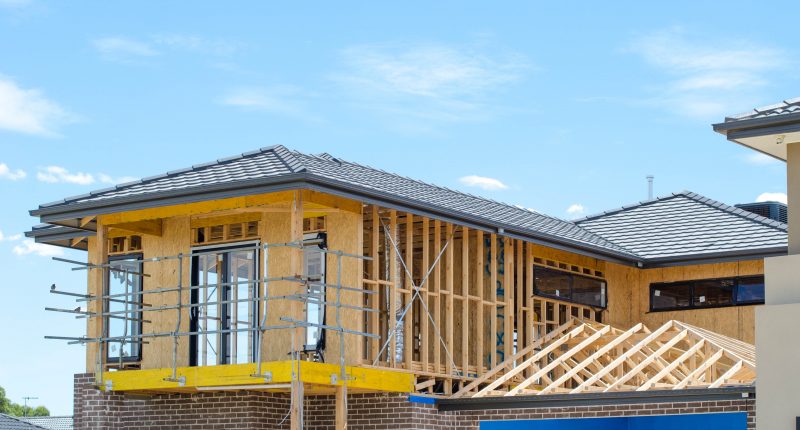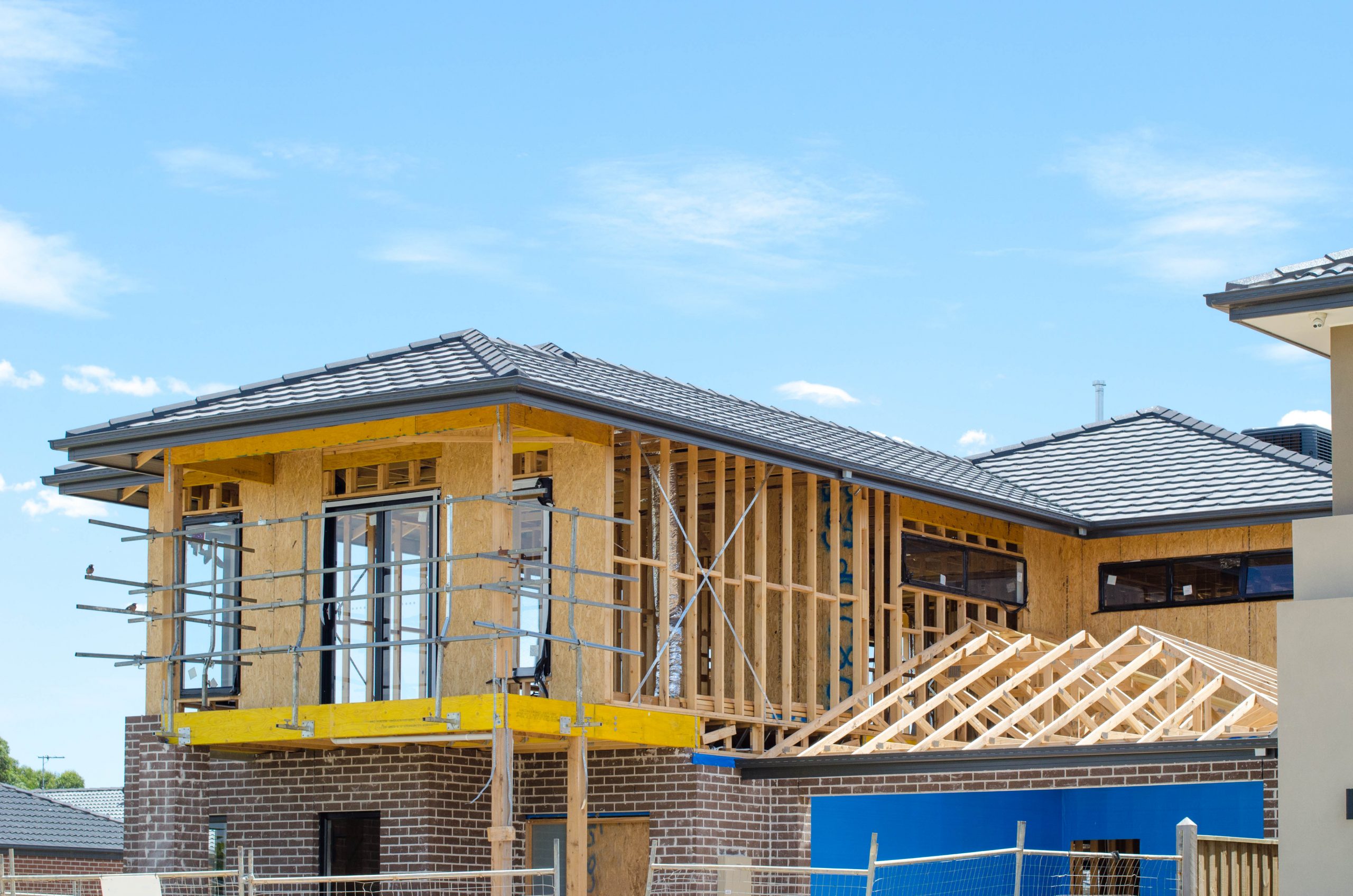- November saw the total number of dwelling approvals in Australia climb 3.6 per cent in seasonally adjusted data after the October figures fell almost 14 per cent, according to the ABS
- November’s private house approvals remain 25.8 per cent higher than pre-pandemic November 2019, indicating consistent strength in the detached housing market
- Dwelling approvals rose across Tasmania by 40.8 per cent, Queensland by 20 per cent, South Australia by 14.5 per cent, and Victoria by 8.9 per cent
- According to the ABS, the increase was supported by a rise in the value of non-residential buildings by 28.3 per cent after a 20 per cent fall was recorded in October
November saw the total number of dwelling approvals in Australia climb 3.6 per cent in seasonally adjusted data after the October figures fell almost 14 per cent, according to statistics from the Australian Bureau of Statistics (ABS).
“The rise in the total number of dwellings approved in November was driven by an increase in approvals for private sector dwellings excluding houses, which rose 9.7 per cent,” ABS Construction Statistics director Daniel Rossi said.
“Private sector houses continue to level off, up 1.4 per cent in November, following a 3.5 per cent rise in October. The series has been at historically elevated levels over the past year, largely driven by Government stimulus and record low-interest rates.”
Mr Rossi added that while private house approvals are not recorded highs, November’s results remain 25.8 per cent higher than pre-pandemic November 2019. This indicates a consistent strength in the detached housing market.
Dwelling approvals rose across Tasmania by 40.8 per cent, Queensland by 20 per cent, South Australia by 14.5 per cent, and Victoria by 8.9 per cent.
Meanwhile, approvals fell in New South Wales by 18.4 per cent and in Western Australia by 1.1 per cent.
Private sector home approvals climbed 7.4 per cent in Queensland, 6.4 per cent in South Australia and 5.4 per cent in New South Wales.
Falls were reported for Western Australia at 12.1 per cent and Victoria at 0.8 per cent, in seasonally adjusted measures.
All up, the total value of buildings approved jumped 14.8 per cent in November.
According to the ABS, the increase was supported by a rise in the value of non-residential buildings by 28.3 per cent, following a 20 per cent fall in October.
Additionally, residential buildings rose 7.1 per cent, and included an 8.5 per cent increase in the value of new residential buildings and a 0.8 per cent decrease in alterations and additions.
“Approvals for detached homes in November 2021 were the strongest since February 2000, excluding the HomeBuilder surge in 2020/21. Detached approvals remain elevated in all jurisdictions,” HIA’s Chief Economist Tim Reardon said.
“Multi-unit approvals have been recovering from the adverse impact of COVID-19 and continued to increase in November with a 7.5 per cent increase in the month. This leaves multi-unit approvals for the three months to November also 7.5 per cent higher than for the same period the previous year.
“This boom in detached home building is set to be sustained well into 2023,” Mr Reardon added.







